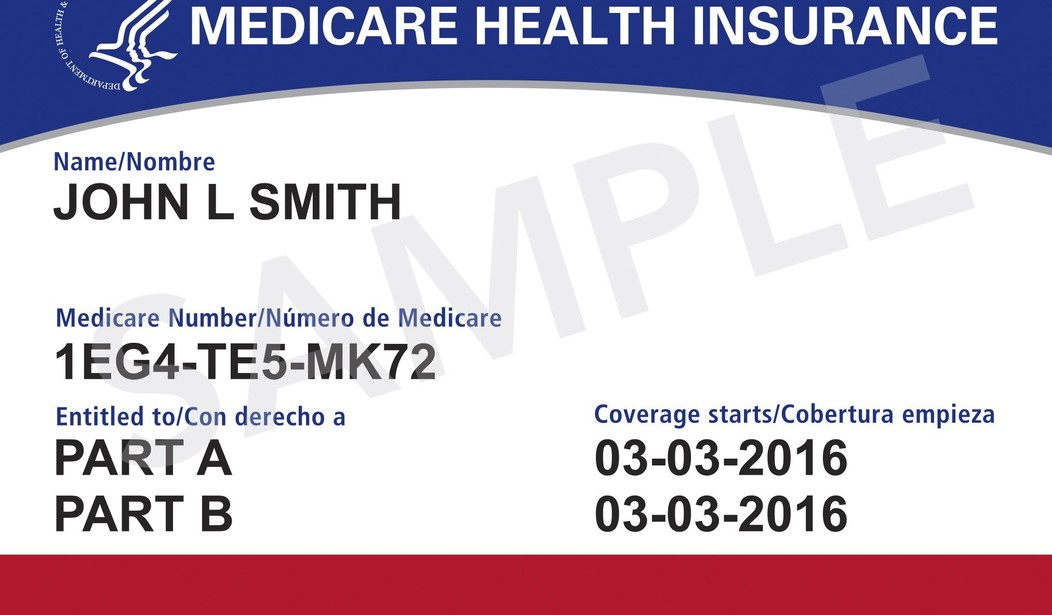Everyone in Washington knows that Medicare is in deep trouble financially. The Part A hospital trust fund is expected to run out of cash by 2026, with Part B and Part D — doctor visits and drug benefits — eating more and more money out of the budget.
So, naturally, the Democrats think this is a perfect time to expand the program.
At a time when Republicans and some thoughtful liberals have been advocating Medicare reform, the radicals are looking to use Medicare as a “slush fund” to finance some of their programs. Senator John Barrasso (R-Wyo.) thinks if you’re going to reform entitlements, a bipartisan approach is the only way to go.
“The Democrats are going to continue to push for a one-size-fits-all healthcare program for America with government in complete control,” Barrasso said. “It does seem their efforts with Medicare now are to try to rob Medicare or use it for a slush fund to pay for so much of their excessive spending, which is unrelated to healthcare.”
One plan would include a modest expansion by lowering the eligibility age from 65 to 60. Other plans call for the age to drop to 50. Negotiations among Democrats are continuing but it appears that Biden will get behind some kind of Medicare expansion.
Mr. Biden has said lowering the Medicare age could be a tool to get more people covered. As many as 23 million new people could become eligible for the program that now provides coverage to about 60 million seniors, according to Avalere Health, a consulting company.
Eighty-five percent of Democrats and 69% of Republicans favor lowering the Medicare age to as young as 50, according to a poll taken in 2019 by the Kaiser Family Foundation.
It seems likely that Congress will empower the government to negotiate drug prices. The wishful thinking from Democrats is that it will save tens of billions of dollars every year. More realistic estimates are that it would save about $100 billion over 10 years.
The idea is popular with some Republicans but hospitals are terrified of any Medicare expansion.
Hospital groups say that expanding Medicare eligibility would sharply reduce their reimbursements for providing care just as many are struggling with Covid-related costs.
“It would be extremely harmful to the healthcare system,” said Tom Nickels, executive vice president for government relations at the American Hospital Association, a trade group representing nearly 5,000 hospitals and providers.
The cost of the program continues on an unsustainable course, according to the GAO.
In the Medicare report, the program’s Part A hospital fund is projected to have enough reserves to pay all claims until 2026 – the same outlook as last year. The much larger fund that supports spending for Parts B (doctors, outpatient costs, and equipment expenses) and D (prescription drugs) is funded largely by taxpayers from each year’s federal budget.
While that fund is, thus, in no danger of running out of money, the cumulative impact of rising health care costs got a bit worse during the past year. This year’s report said total government spending on Medicare will rise from 3.7 percent of the nation’s gross domestic product in 2018 to 5.9 percent by 2038.
Democrats are still treating the pandemic as a crisis that simply can’t go to waste. Even if it bankrupts the Medicare program.










Join the conversation as a VIP Member